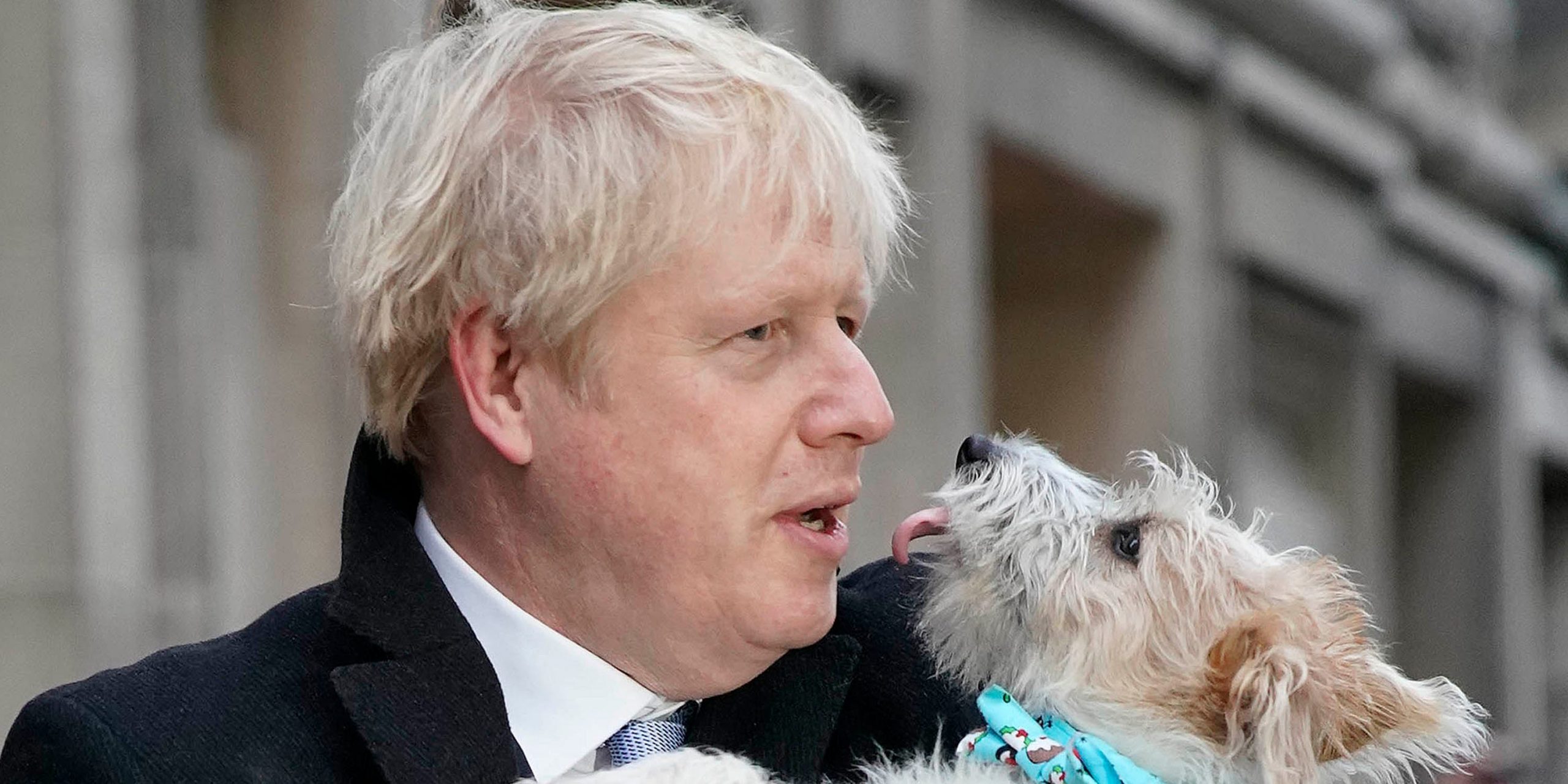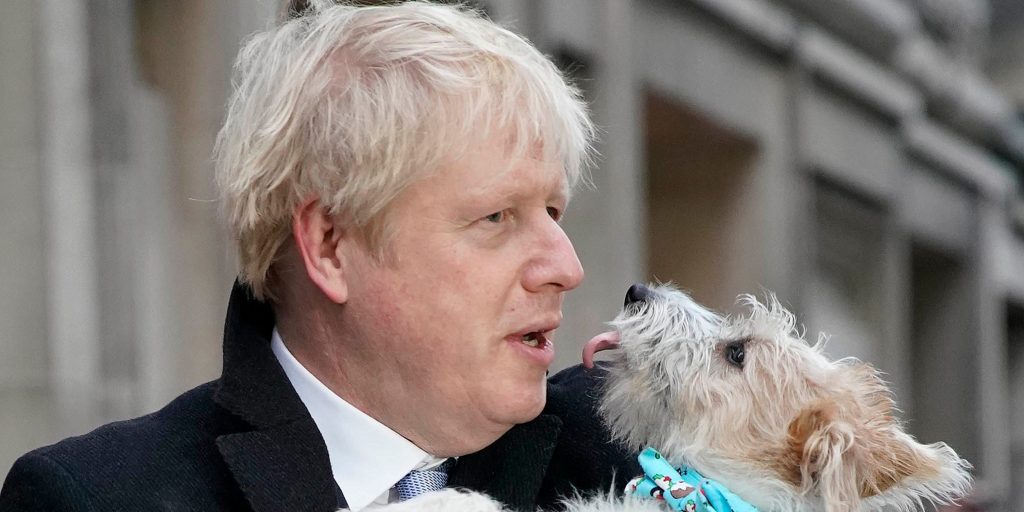
Getty
- The UK government plans to give overseas electors a lifetime right to vote in general elections.
- Currently, only British citizens who have lived abroad for less than 15 years can vote, and they have to re-register each year.
- Campaigners fear the rules could be abused and marginal constituencies could be flooded with overseas voters.
- See more stories on Insider's business page.
Marginal constituencies in the UK could see an influx of overseas voters under changes being brought in by Boris Johnson, campaigners have warned.
The Elections Bill, published on Monday, would allow UK citizens who have lived abroad for more than 15 years to join the electoral register, giving them a lifetime right to vote in general elections.
Overseas voters currently have to re-register on an annual basis.
Johnson's Elections Bill would allow overseas voters to make a "declaration of local connection" to any constituency in the country, without clear means of checking their connection.
This could open up marginal constituencies to voters who have claimed a connection to the constituency at any point in their life – without having ever been on the electoral register at any point before.
Tom Brake, director of Unlock Democracy and a former Liberal Democrat MP, told Insider: "The Elections Bill mustn't be used as a Trojan horse to allow overseas votes to distort UK election results.
"It is right to grant UK citizens abroad the vote. But they must have a clear and verifiable link to a UK constituency to avoid large numbers of overseas electors flocking to marginal seats."
The Association of Electoral Administrators (AEA) which represents elections officials in the UK has said of previous proposals to open up UK elections in this way that it has "concerns as to integrity, with the possibility of increased applications via this route in a marginal UK parliamentary constituency."
Such declarations could be made without documentary evidence, and the AEA questioned "how likely it is that a false declaration will result in prosecution proceedings when the attestor as well as the applicant live abroad."
The AEA also had concerns about potential election fraud.
They suggested that already overstretched elections officials would struggle to properly verify last-minute applications made in the busy run-up to a general election.
Their 2016 report warned: "Overseas electors are registering in respect of random addresses that they're not registered at within the last 15 years, and giving us different addresses to 'try' to see if they can register in respect of those."
Peter Stanyon, the AEA's chief executive, told Insider: "In principle, the AEA position remains the same.
"We agree improvements are needed to electoral registration and voting processes for British expatriates and citizens living overseas and will be digesting the detail.
"Three-year registration periods are welcome, but an expected initial peak of registrations must be carefully planned for and centrally resourced. A mechanism to supplement the current reliance on local authority data and encourage renewals will also be crucial.
"Sufficient lead-in time for these changes is vital ahead of the next UK Parliamentary general election."
Cat Smith MP, Labour's Shadow Minister for Democracy, told Insider: "The Conservatives are using the cover of the pandemic to sneak through a dangerous loophole in our electoral law, exposing our democracy to interference from abroad.
"Allowing expats to vote in UK elections regardless of whether they have previously been on an electoral register will give a free ticket to anyone hoping to fraudulently register in a swing seat, only requiring another expat to vouch for them.
"This is yet another example of the Conservatives bending the rules to benefit themselves. In one fell swoop, expats will be granted more flexibility in registering to vote than people who live this country. If the Conservatives were serious about improving democratic engagement, they would extend the franchise to 16 and 17-year-olds as well as concentrating efforts on registering the millions of adults in this country not currently on the electoral roll. "
The government defended the plans.
Chloe Smith MP, Minister of State for the Constitution and Devolution, told Insider: "Our commitment to scrapping the arbitrary 15 year limit to overseas voting rights is a promise to citizens across the political spectrum. This is best exemplified by 99 year old veteran campaigner, Harry Shindler, who also happens to be the oldest serving member of the Labour Party.
"British citizens living overseas have an ongoing interest in politics in the United Kingdom and in our increasingly digital world, people living overseas are able to be more connected to their home country. It is only right that they are able to have their say in our democracy."











